Is it dangerous for me to take care of my friend who has AIDS and what should I do?
AIDS is transmitted through sexual intercourse, intravenous drug users and contaminated blood products, and of course, vertically from mother to child. It is not contagious for everyday contact.
There is some danger of going to take care of a friend who has AIDS, but don't worry too much, take good precautions and the chances of contracting AIDS are not great.
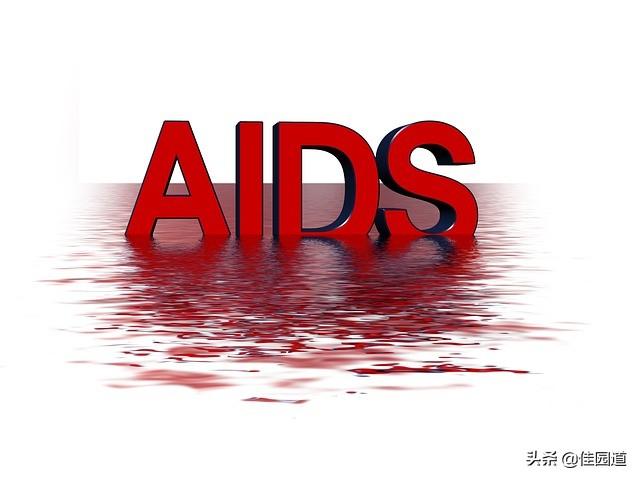
AIDS is mainly a disease caused by human immunodeficiency virus infection. HIV mainly attacks the immune system of the infected person, resulting in serious deficiencies in the immune system, and various opportunistic infections and tumors take advantage of the situation, and finally cause the patient to die of systemic organ failure.
Infection of AIDS does not immediately appear symptoms, but there is a window period, generally in the high-risk contact with AIDS two weeks to find out, some patients can be as long as six weeks or even three months to find out, the patient at this time can appear and the cold is very similar to the performance of the headache, fever, sore throat and general weakness, this performance will generally last a month or two, and then submerged into the ground, can be The incubation period is as short as a few months, or as long as 20 years, an average of 8 to 10 years, the incubation period generally does not appear what special performance, after the incubation period, it is once again appear into the AIDS period, at this time the patient can appear fever, diarrhea, the whole body lymph node enlargement, a variety of infections and tumors invade.
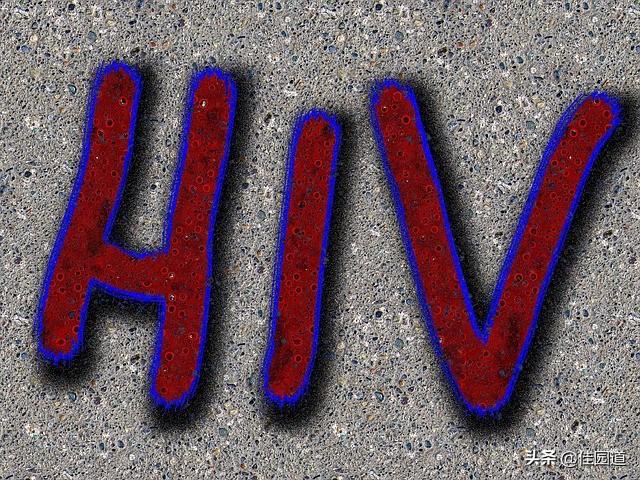
AIDS is spread mainly through sexual contact, placenta, birth canal and breastfeeding, sharing syringes for drug use, sharing razors, sharing dental tools, sharing facial shavers, sharing eyebrow and pedicure tools, skin breaks, and transfusion of HIV-infected blood and blood products.
What do I need to know about caring for a friend with AIDS?
Paying attention to personal hygiene, avoiding sexual contact, not sharing razors, dental tools, facial shavers, eyebrow trimmers, pedicure knives and syringes, and avoiding skin breaks, the likelihood of contagion is not high.
Also it is usually not spread through life contact, through food, through drinking water and mosquito bites, so don't worry too much.
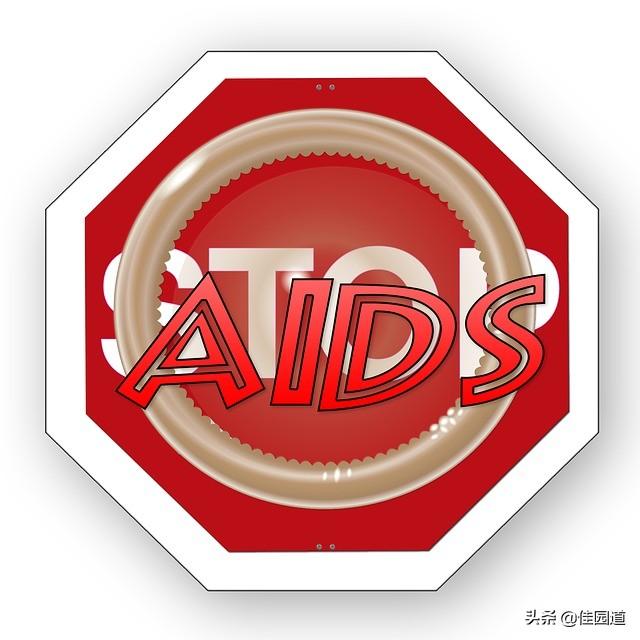
HIV is a chronic, progressive, and lethal infectious disease that requires professionally trained caregivers. In addition to HIV, this includes care for complications. In addition to attention to sterilization and isolation of HIV, respiratory, body fluid and contact isolation should be done for the different pathogens of the patient's complications. Strict aseptic operation and sterilization and isolation should be carried out; when contacting patients' blood and body fluids, gloves, masks or protective glasses and isolation gowns should be worn for self-protection.

AIDS is a fatal disease with a long course, and in addition to symptomatic treatment and care, patients encounter a variety of psychological problems during the course of their illness. Most patients react to death, social isolation, and discrimination with denial, anger, depression, and suicidal tendencies. Different patients will have different psychological problems at different times of the disease. While general technical care is one-size-fits-all, psychological care provides different levels of personalized psychological care for different groups of people, different cultural backgrounds, different social situations, and different personality qualities.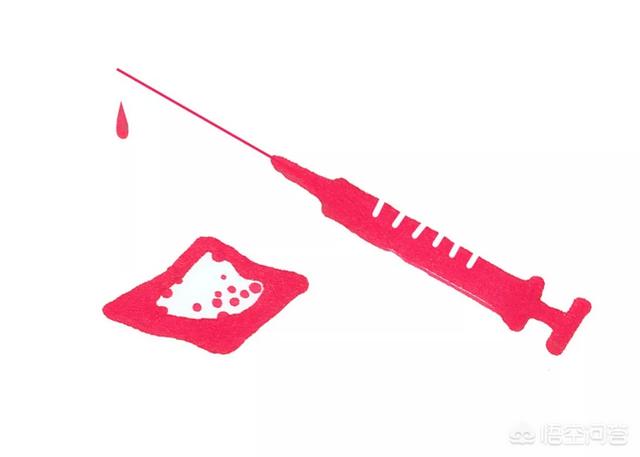
As a friend caring for someone with HIV, this just don't touch the blood or body fluids of someone with HIV.This is mainly on the body with mucous membrane wound breakage or skin breakage do not contact other daily life is not infectious, do not worry too much, AIDS is a very harmful infectious diseases, HIV transmission is mainly through sexual transmission, mother-to-child transmission and blood transmission. It is recommended not to worry too much, there is no big problem, and HIV infected with eating work study, these are not contagious, as long as HIV-infected people must take antiretroviral drugs in a timely manner for treatment.
A friend has AIDS, whether to take care of is a personal choice, although HIV in normal contact, conversation, meals and other behavior does not spread, but the face of AIDS fear is not everyone can overcome, which is completely understandable, in other people will also be concerned, as for how to do, no one may be able to make a decision for you, it is recommended to first understand about the AIDS It is advisable to learn about AIDS first and then consider making a decision.
What is AIDS and how it is transmitted:
AIDS, also known as Acquired Immunodeficiency Syndrome, means that the HIV virus wreaks havoc on the body's immune system, which is the self-defense mechanism that fights off external pathogenic bacteria and deals with aging, necrotic, and mutated cells in the body. When there are problems with the immune system, the body's risk of contracting a variety of infectious diseases or tumors greatly increases, which is the main reason for deaths caused by AIDS.
The main modes of transmission of HIV are: blood, mother-to-child and sexual.Although a small amount of sweat and saliva contains HIV, it does not reach the point of infection, so normal contact with AIDS patients, such as hugging, shaking hands, talking, and bathing together will not be infected.
Therefore, if we can overcome the psychological fear, it is not a big problem to visit and simply take care of our sick friends, but in special cases, such as the combination of other infectious diseases or more serious conditions, it requires professional caregivers, and we are unable to give too much help.
In addition, the patient's wishes and the advice of the attending physician can be consulted as to whether care can be provided at the patient's side.Some patients are extremely vulnerable due to their illness and may not be willing to accept help from others, and this is also something to consider.
If the fear can't be overcome, it's not necessary to force the issue. Greetings by text or phone, or regular visits and conversations, etc., are fine.Just make the other person feel that you care and support them, without discrimination or respect, is perhaps what they crave the most.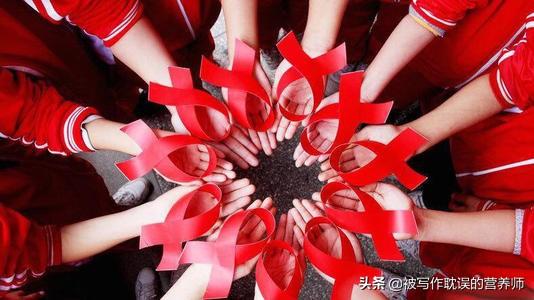
In addition, if there is a real risk that you may be infected, you can choose to take PEP blocking medication from the nearest hospital or center for disease control, which has a high rate of prevention.
Thanks for reading, I hope this helps.
There is no need to be afraid to face it correctly, understand how AIDS is transmitted, and protect yourself! Care as much as possible to help your friends!!!!
AIDS is transmitted through blood, sex, and mother-to-child transmission, and attention to these transmission routes can be effective in preventing it.
There has been a lot of science about AIDS.
This is overstated and not really very useful.
Since your friend has AIDS and has reached the point of needing care, it shows that he has a serious problem. However, it also proves that you guys are on good terms, so kudos to you for being so kind in the first place.
In the case of AIDS, it is not spread through the respiratory tract and contact, including the digestive tract. So, there is no need to be concerned about everyday contact, including utensils. After all, it is unlikely that you will have any more intimate contact.
This is mainly transmitted sexually, through blood, and vertically from mother to child. It's basically a foregone conclusion.
And day-to-day care doesn't really involve all three.
It can be said that the danger is minimal.
To answer you, there are three ways of transmission of AIDS, 1. Sexual transmission, 2. Medical transmission, and 3. Vertical transmission from mother to daughter on the placenta. There is no danger of you living with someone who has AIDS under normal circumstances!
You need to know how AIDS is transmitted: blood, sex, mother-to-child.
Other than that, intimate contact such as hugging and kissing is fine; finally, I would like to advise everyone to cherish life and stay away from bad habits.
There is also no danger, ordinary contact is not infected, HIV external survival is very poor, dry environment in a few hours will die, in the water is even more so, so as long as their wounds are not stained by the patient's body fluids is no problem.
If it's a boyfriend/girlfriend relationship, then don't have sex and preferably kissing as well, unless you assure yourself that your mouth is not broken.
This question and answer are from the site users, does not represent the position of the site, such as infringement, please contact the administrator to delete.